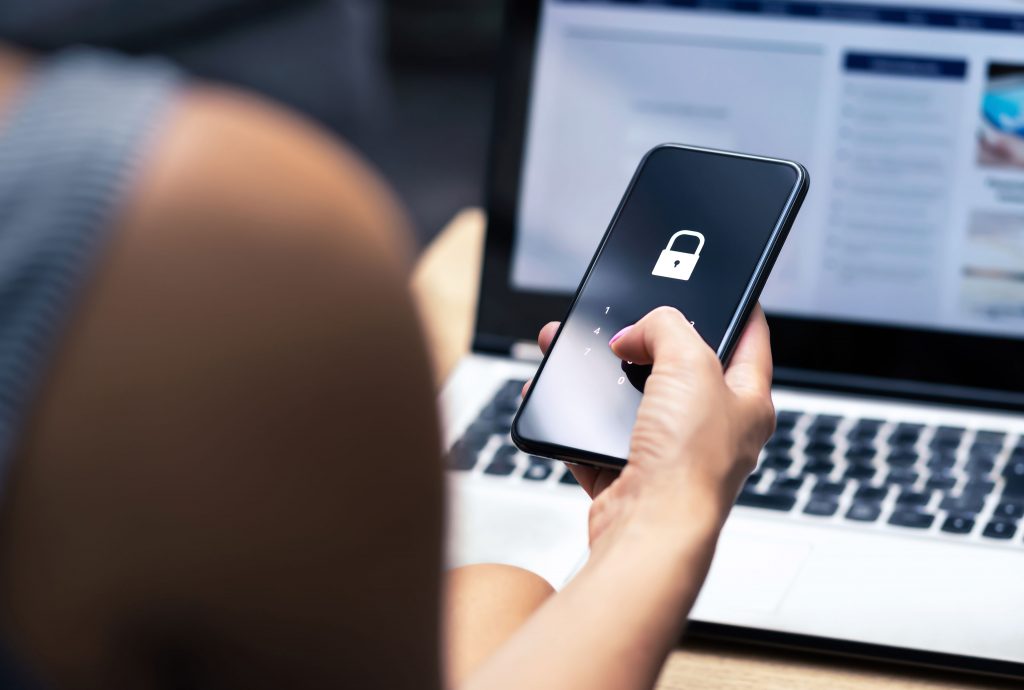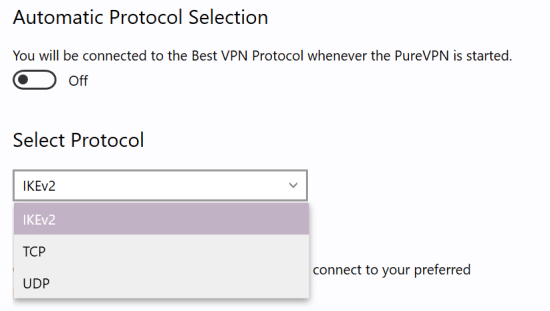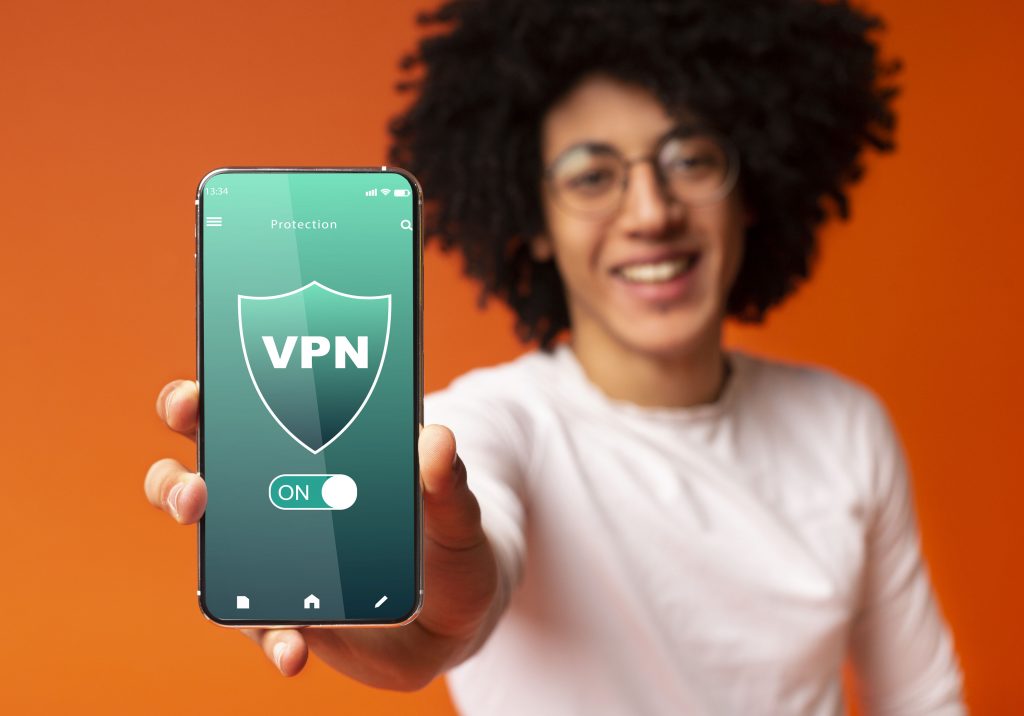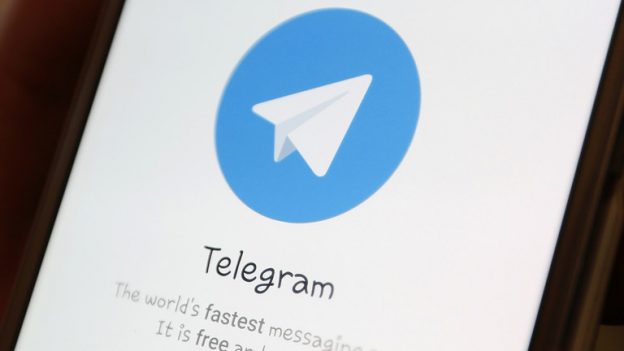Ever get stunned by an ad that seems to know more about your life than it should?
At times it can seem like tech companies are listening to our conversions. However, the reality is nobody has time for that. There are much more efficient ways to gather data.
It’s true that businesses are very interested in your preferences and habits. By pinpointing the places you visit, learning the products you buy and opinions you have, advertisers can tailor their message just for people like you.
Often their goal is to build profiles of their typical customers. And to do that they gather information from many sources.
They leverage the tech built into your phone, sophisticated software, and the power of the internet. Websites use tracking codes, browser fingerprinting, and cookies that are stored on your laptop or phone. Some companies even purchase personal information from other businesses that specialize in gathering data.

How Apps and Websites Determine Your Location
Smartphones offer us amazing utility and convenience, but with that comes potential doorways to our private information.
Phones have GPS technology built-in and software developers use this to determine where you are. When you launch an app, it may ask for permission to access your photos or your location. You may have to agree for the app to function correctly, but in other cases it’s optional.
Websites often don’t need to ask for permission to determine your IP address and the country you’re based in.
You may have noticed websites sometimes ask to access your location data and you can accept or deny the request in your browser. A good example is when you’re searching for a retail store location that’s near you. Many people go for it as it’s more convenient to grant access to your location data than to enter your zip code or postal code.
Bluetooth Beacons Are Watching
Advertisers use hidden Bluetooth beacons in supermarket shelves, advertising posters, and malls to track you. It’s a simple device that transmits a continuous signal that phone apps can detect.
It notifies them when you have walked into a store or gone past an advertisement so it can be counted as a visit or ad impression. Beacons are also used to determine how effective an ad is.
Recommendation: Make it a habit to turn off Bluetooth when you aren’t using it.

IP Targeting: An Invasion of Privacy?
Ad tech is extremely sophisticated in terms of delivering a tailored message to the right geographic area or even household.
Geotargeting serves ads to wide location such as the United States or the city of Toronto.
IP targeting is much more specific to the point it may be perceived as intrusive. Advertisers can deliver specific ads to a list of households that fit criteria they have set, such as age, education, income, or even interests.
Recommendation: Use a VPN service whenever possible to hide your IP address. For more info about VPNs as well as best providers, go here.
Mobile Towers Can Determine Your Whereabouts
If you think turning off your phone’s GPS will effectively hide your location from all parties, think again. To receive service, smartphones transmit personal identifiers to cell towers owned by major network operators.
In other words, the technology your phone provider uses needs to track your location and verify that you’re a paying customer.
Thus, by simply owning a smartphone people have accepted tracking devices in disguise into their life. That’s because there’s currently no way to decouple the customer authentication process from the connectivity process.
The good news is there are startup companies such as Invisv working on solutions which may give smartphone users true location privacy in the future.
Recommendation: To keep your location data private and prevent it from being transmitted to cell phone and Wi-Fi towers enable the “Airplane Mode” feature on your phone.

Ad Trackers Build Profiles Associated with Your Devices
High-tech businesses sometimes use methods such as cookies, tracking URLs and tracking pixels to monitor consumer behavior. If their tech is sophisticated enough, they can piece together the data that is harvested and automatically build a profile that outlines your buying habits, interests, etc.
If you’ve ever wondered how websites and apps show you ads that are a little too relevant for comfort, this is how they do it. It’s called ad personalization.
Luckily Apple and Google have included settings on their phones that allows you to turn off ad personalization. It’s just a matter of drilling down into the settings.
Recommendation: Disable personalized services and ads in the settings on your iOS or Android phone. Additionally, you may want to disable cookies in your internet browser. To learn the steps required to do it, have a look at this page.

Conclusion
Although being tracked is part of modern life, there are plenty of ways to regain your privacy and hide your location. More often than not it comes down to turning off your phone’s features when you don’t need them, such as Bluetooth and its GPS.
For trackers that can’t be avoided so easily, VPN services allow you to choose a VPN server location that differs from your actual location. Any solid VPN provider has apps you can install on your phone, devices, and laptop so your privacy is fully protected.
Better personal privacy requires mindfulness and set up, but decoupling your technology from your location is a liberating pursuit. Enjoy your life and travels knowing third parties can’t pinpoint exactly where you are!










